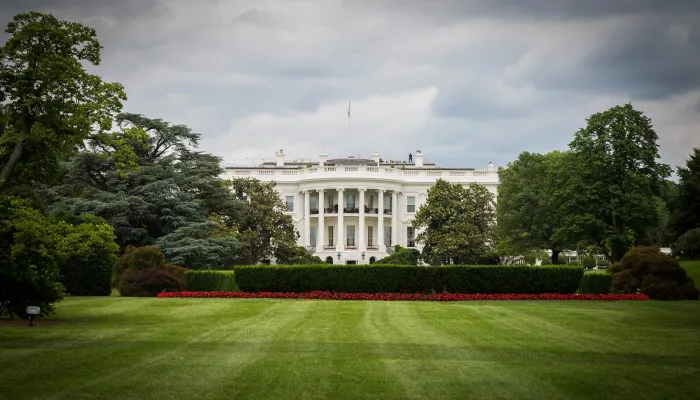House to Vote on $100 Billion Lame Duck Tax Package
The House will likely consider a package of lame duck tax cuts costing almost $100 billion over ten years. About half of the cost comes from delaying health-related taxes enacted by the Affordable Care Act. The other half includes disaster relief and portions of "Tax Cuts 2.0" relating to retirement savings and start-up businesses.
The bill would delay several Affordable Care Act taxes last delayed in January: the medical device tax, the Cadillac tax, and the health insurer tax. Those three short-term delays would cost $52 billion, but if Congress continues the trend of delaying them, the delays would ultimately cost almost $325 billion over ten years.
In total, the bill would cost $99 billion over ten years, or about $124 billion including interest.
| Policy | 10-Year Cost (2019-2028) |
|---|---|
| Health-related tax cuts | $52 billion |
| Delay medical device tax another 5 years, from 2020 to 2025 | $12 billion |
| Delay health insurance tax from 2020 to 2022 | $27 billion |
| Delay Cadillac tax from 2022 to 2023 | $14 billion |
| Repeal tanning tax | $0.4 billion |
| Tax Extenders | $19 billion |
| Extend biodiesel and renewable diesel credits and phase out by 2025 | $17 billion |
| Permanently extend railroad track maintenance tax credit | $2 billion |
| Retirement Savings Provisions | $14 billion |
| Exempt small retirement account balances from mandatory withdrawal rules | $6 billion |
| Allow employers to join together to offer retirement plans | $4 billion |
| Other retirement savings provisions | $4 billion |
| Other Provisions | $14 billion |
| Allow 501(c)(3) nonprofits to make political statements | $8 billion |
| Disaster tax relief | $4 billion |
| Repeal 2017 tax bill's taxing of fringe benefits offered by nonprofits | $2 billion |
| Total | $99 billion |
| Interest | $25 billion |
| Total, With Interest | $124 billion |
Sources: Congressional Budget Office, Joint Committee on Taxation, CRFB calculations
The bill would delay the medical device tax, which went into effect in 2013 but has been delayed since 2016, for an additional five years (until 2025) at a cost of $12 billion. It would also reduce revenue by $27 billion by delaying for two years (until 2022) the health insurer tax. This tax has had an even more confusing path, going into effect in 2014, then being delayed for 2017, then coming back into effect in 2018, then being delayed again for 2019.
The other major change would delay the implementation of the "Cadillac tax" on high-cost insurance plans from 2022 to 2023 at a cost of $14 billion. The tax has already been delayed twice (from 2018 to 2020 and 2020 to 2022), so a third delay would further cement the likelihood that the tax could be repealed permanently at a very high long-term cost.
As we've pointed out before, the Cadillac tax reduces deficits and has been shown to have effects that reduce private health care spending even before the tax goes into effect. If Congress ultimately repeals the Cadillac tax, they should replace it with an alternative cap on the tax exclusion for employer-sponsored health insurance or another provision that produces sizeable long-term health savings.
The bill would also address two of the "tax extenders," at a cost of $19 billion over ten years. These extensions include a permanent extension of the railroad track maintenance credit and an extension and phaseout by 2025 of the biodiesel credit. The other 20 or so expired tax extenders are not revived.
Other costs, which total $28 billion, would come from a variety of tax cuts. Most notably, these involve allowing churches and 501(c)(3) non-profit organizations to make statements about political campaigns ($8 billion), exempting individuals with low retirement account balances from minimum distribution rules ($6 billion), and modifying several tax provisions related to disaster relief ($4 billion). The bill would also change rules governing the IRS.
We are disappointed that the House is choosing to end the year with yet another deficit-financed piece of legislation. Lawmakers should be reducing future deficits, not adding to them.


